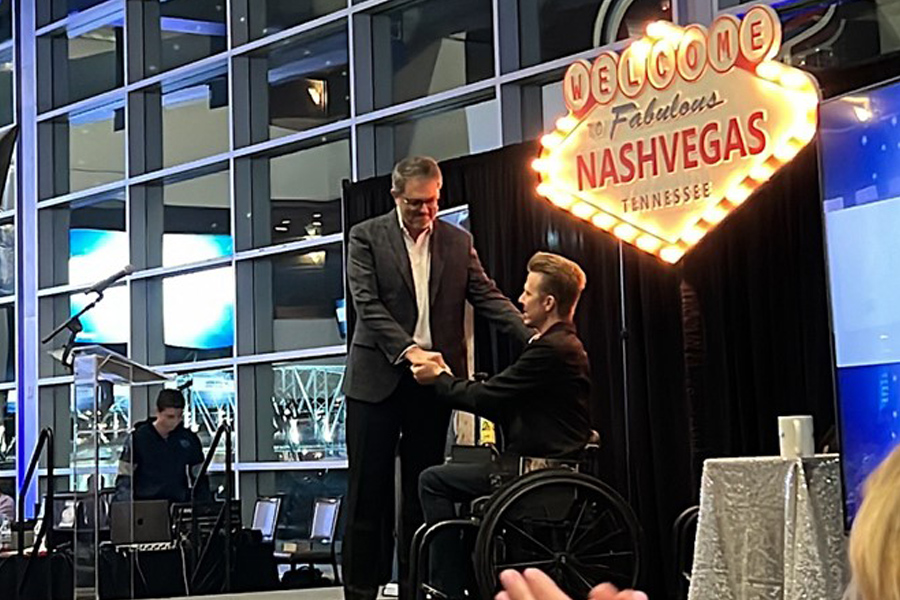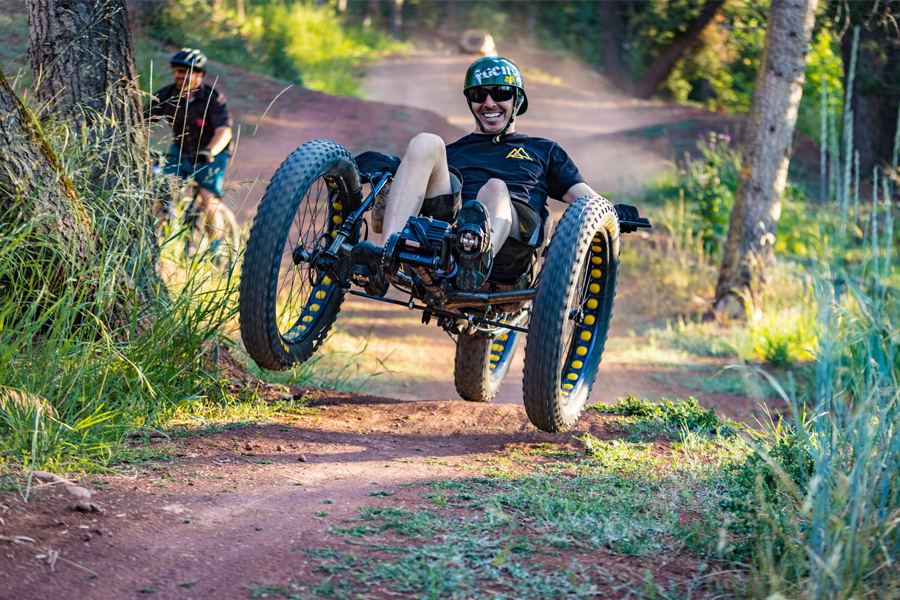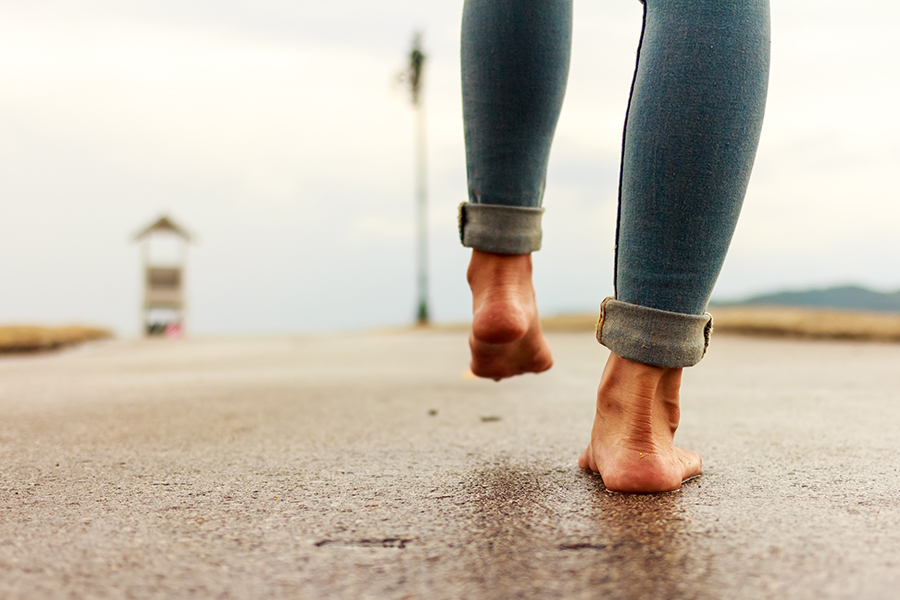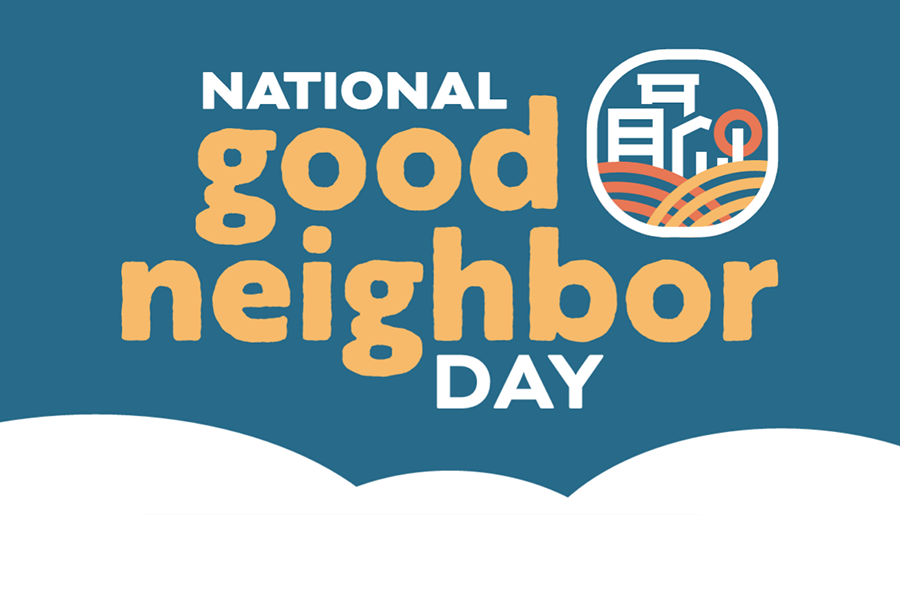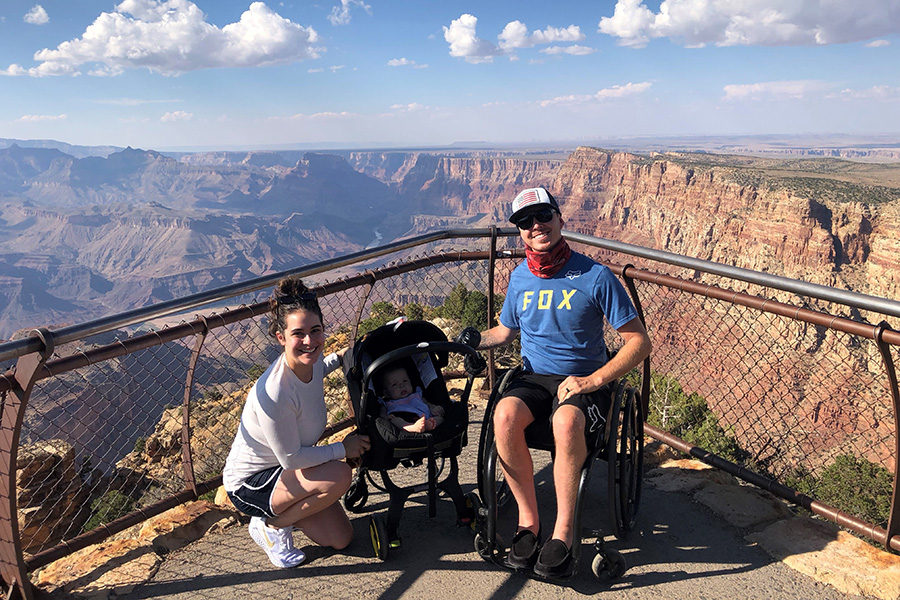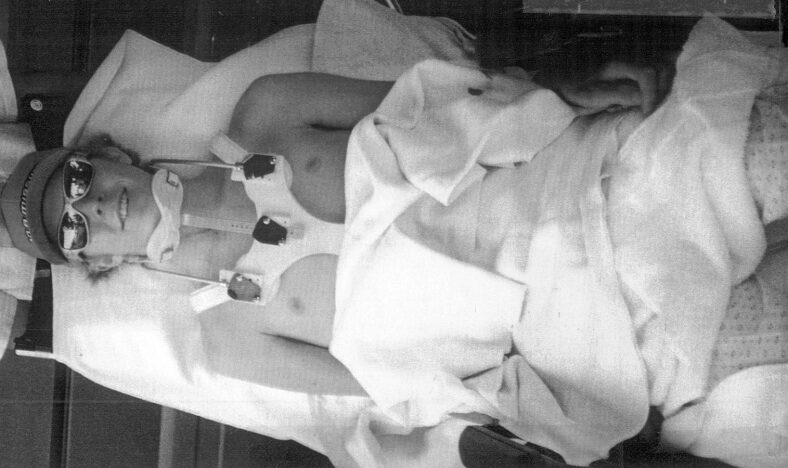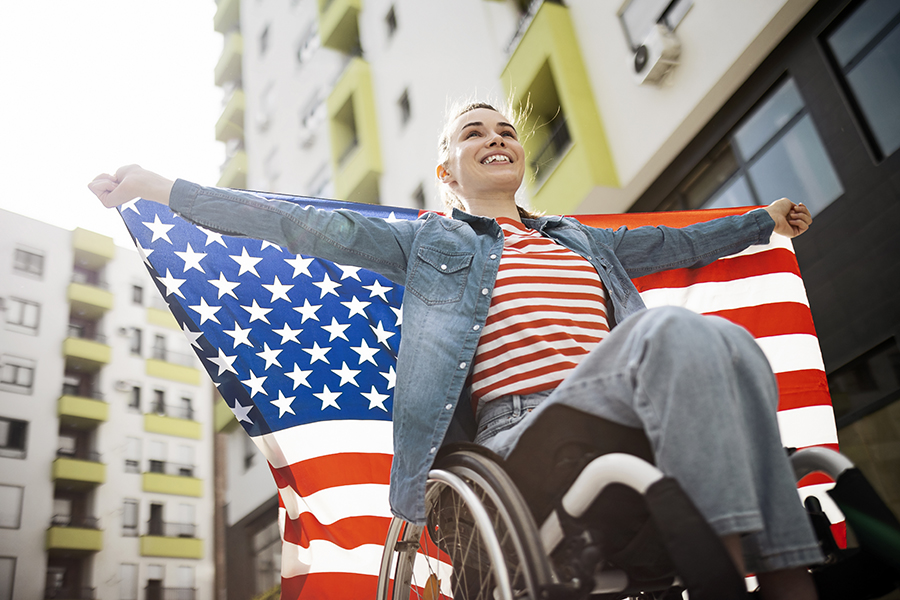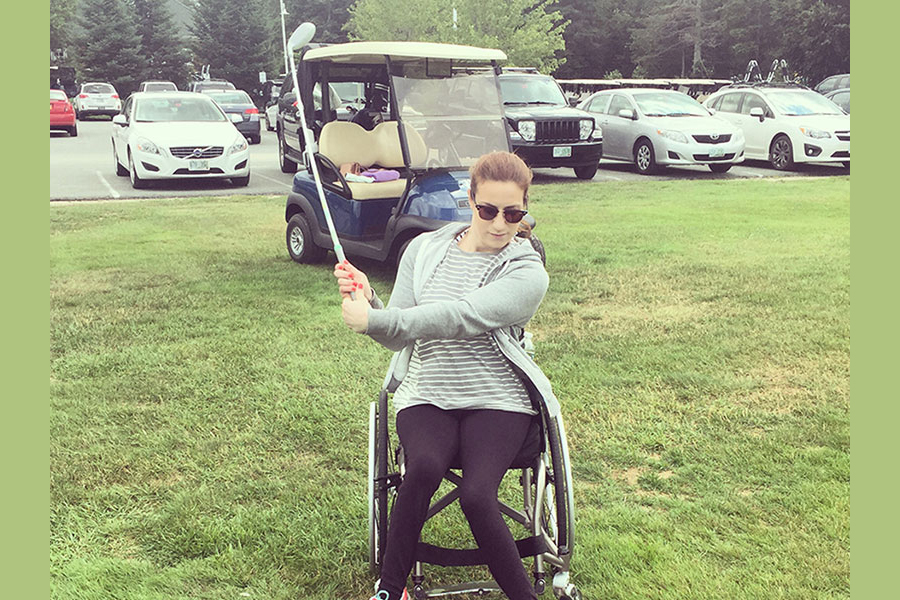Preparing for an Incontinence Episode
For the most part, the human body is a wonder of nature, a miraculous marvel of bio-mechanical intelligence. But it can also sometimes create an utter catastrophe of unintended dysfunction.
One of the most private natural functions of the body is eliminating waste. This normal act can easily become one of the most humiliating moments if accidentally done in public. I should know — it has happened to me more than once… You can read about it here: Managing My Neurogenic Bladder.
Here are a few tips and tricks I’ve used over the years to help prevent and/or subdue the aftermath of an accident. After all, we are all human and it happens.
The Right Stuff
First up: be well-equipped. When I wrote about managing my neurogenic bowels, I shared a personal story about a not-so-pleasant experience I had. What I learned is to roll with it and be as prepared as possible.
This means to think ahead.
First of all, consider your nutrition: the foods and drinks you choose can play a significant roll in how your body reacts.
Second, consider the timing of when you eat and drink if you wish to maintain a level of control over your bowel and bladder program.
Third, try to have a general understanding of what your day plan looks like. I think about where I’m going, and what I’ll be doing. This way I can prepare accordingly.
Fourth, pack accordingly. Have enough gear (supplies and a backup outfit) packed into a main backpack to last at least two days, in case things go badly.
Gear Bag
- 10+ catheters for those who catheterize (I prefer the JAW catheter)
- Hand sanitizer / wipes / napkins / small hand towel
- Rubber gloves
- Tape
- Deodorizer
- Leg bag / tubing / condom
- Screw-top bottle (to use to urinate into if other options are unavailable)
- Adult absorbent garment, such as pull-ups or briefs (just in case)
- Extra shirt / pants / underwear
This gear bag (I call mine a “main bag” for reasons explained in a moment) may seem excessive, but trust me: you’re better off having it packed and close by, then being stuck in public in a less-than-ideal situation.
Now, I’m not suggesting you haul a heavily-loaded bag everywhere you go, I’m just saying it’s a good idea to have this “main bag” prepped and stowed close by. I prefer to keep a smaller bag with fewer supplies on me for short duration activities of the day. I can restock my small bag with items from the main bag. The main bag can be for the car or for your workplace.
In the event an accident does occur, try to keep cool (I can say that, but I have, in the past, been guilty of losing mine) and execute damage control. Find a discrete spot away from public view: either a bathroom stall, empty room, quiet alleyway, or even your car. With your gear bag nearby, you have a good chance of resolving the problem effectively and efficiently.
Nobody wants to experience a bladder or bowel accident, especially in public, but if nature calls at a most-inconvenient time, well, then at least you’re prepared to repair.
If you do use an intermittent catheter, you may find my article about How to Safely Catheterize in a Public Restroom helpful.
I hope this article has encouraged you to get out there!
Aaron









 I have been paralyzed from the waist down since 2013. I’ve been steadily gaining weight since then, and I’m starting to get self-conscious about it, especially since people already stare at me in my wheelchair. What are some exercises, things I can do to help me lose this extra weight?
I have been paralyzed from the waist down since 2013. I’ve been steadily gaining weight since then, and I’m starting to get self-conscious about it, especially since people already stare at me in my wheelchair. What are some exercises, things I can do to help me lose this extra weight?